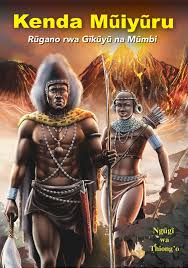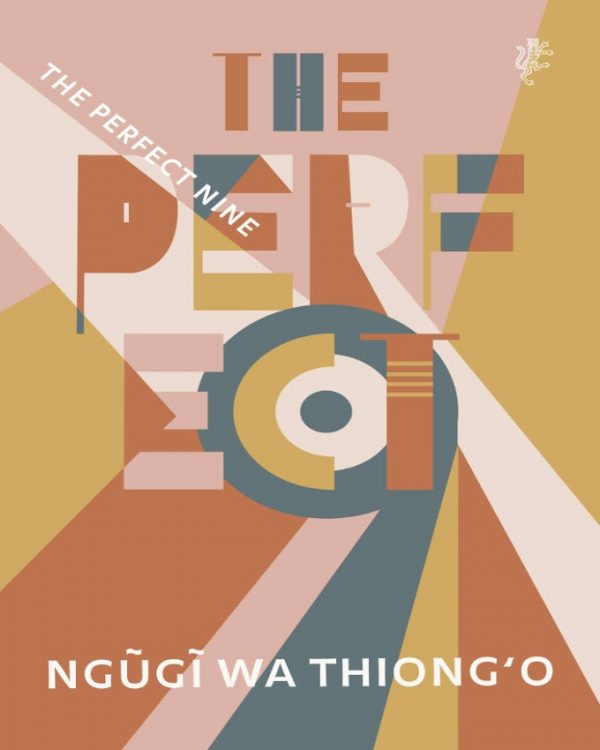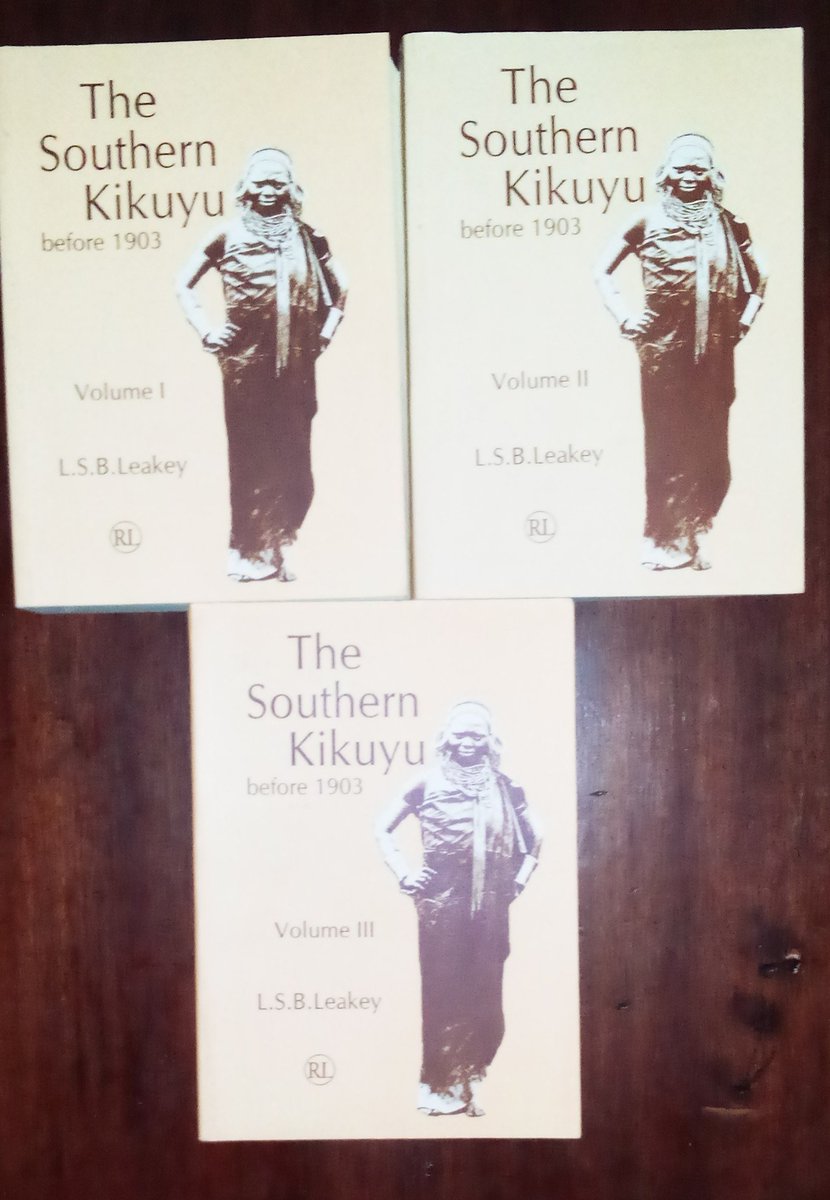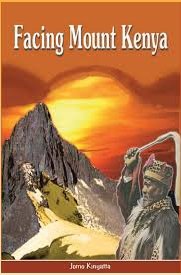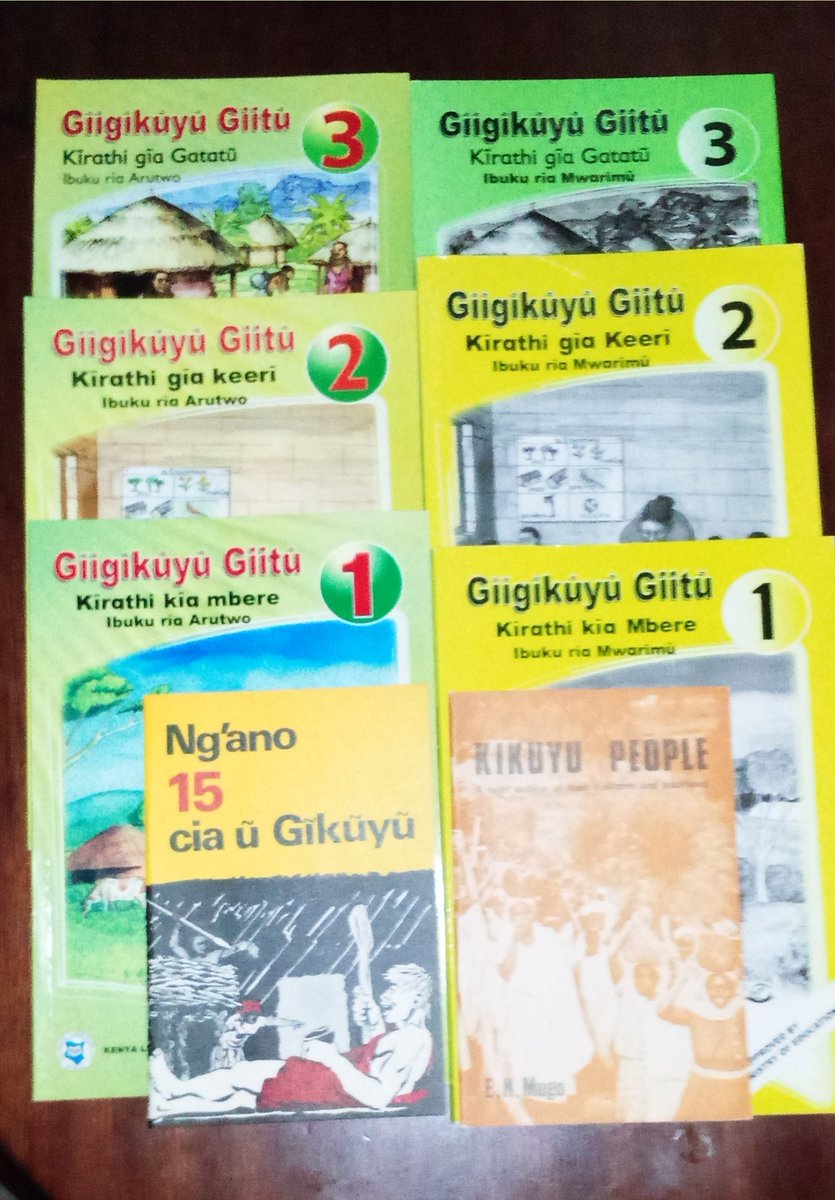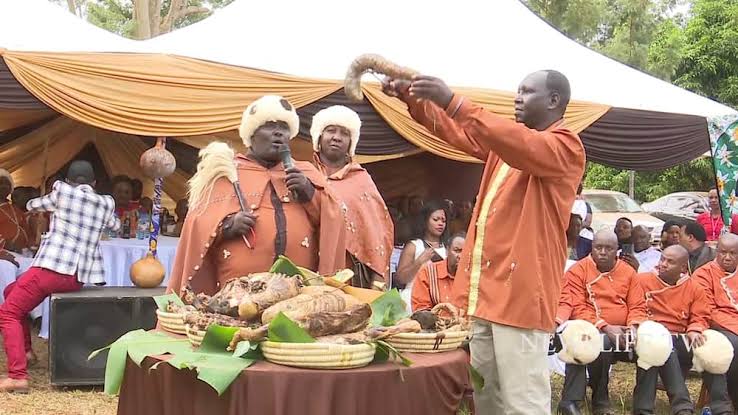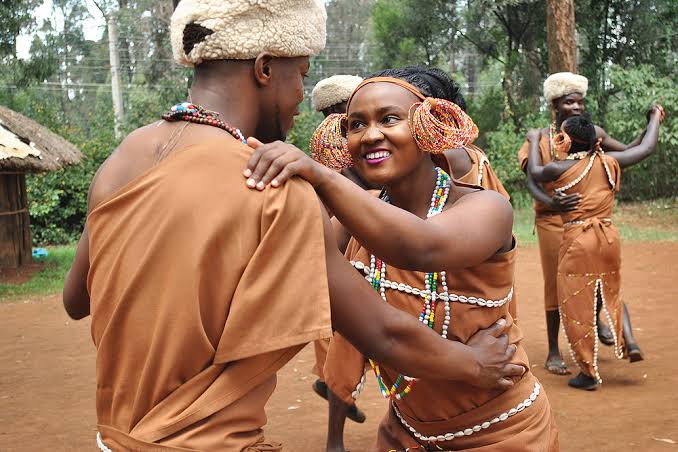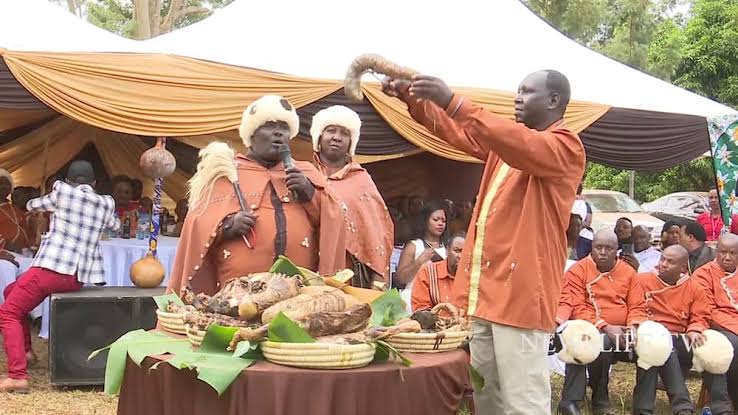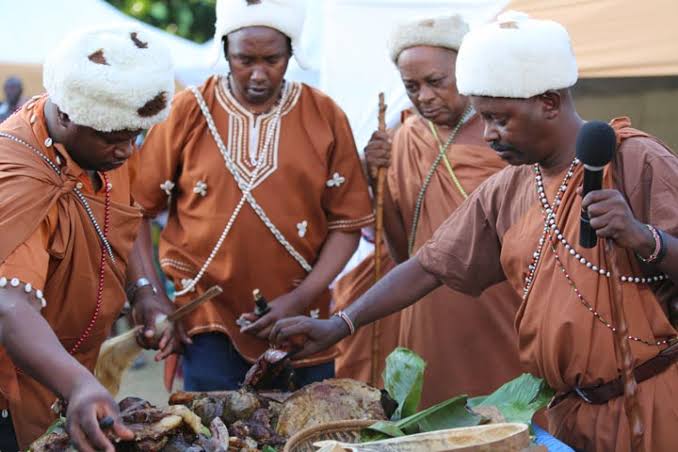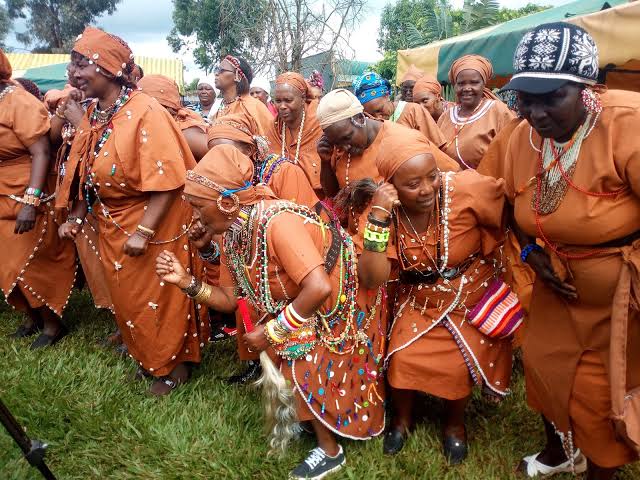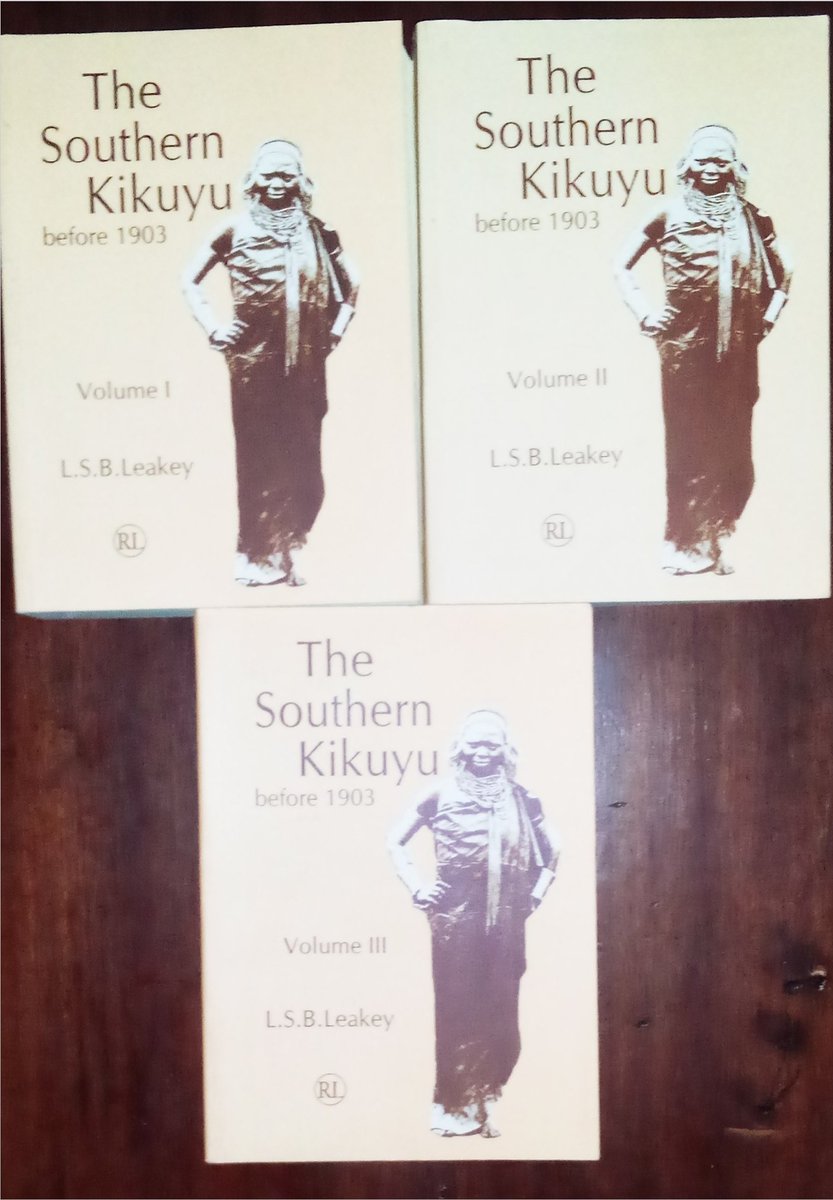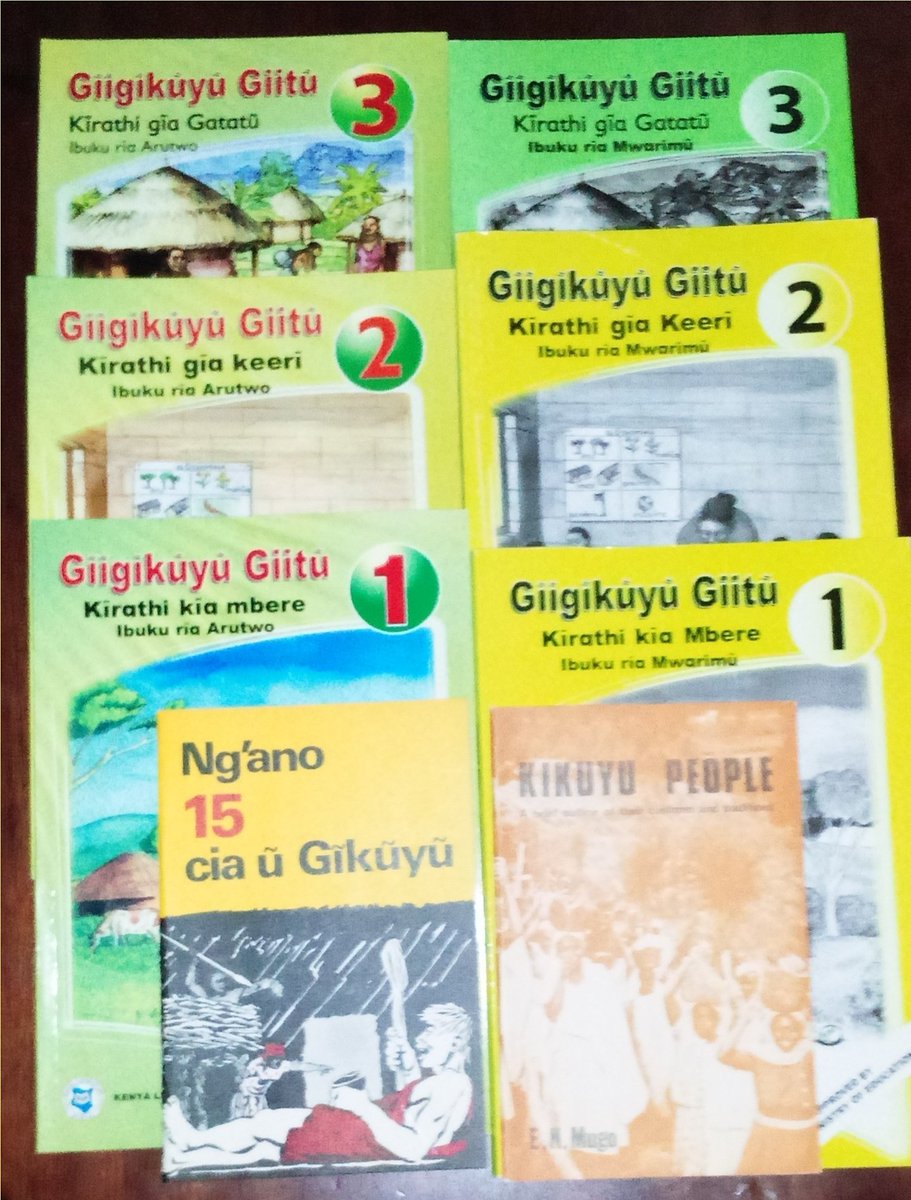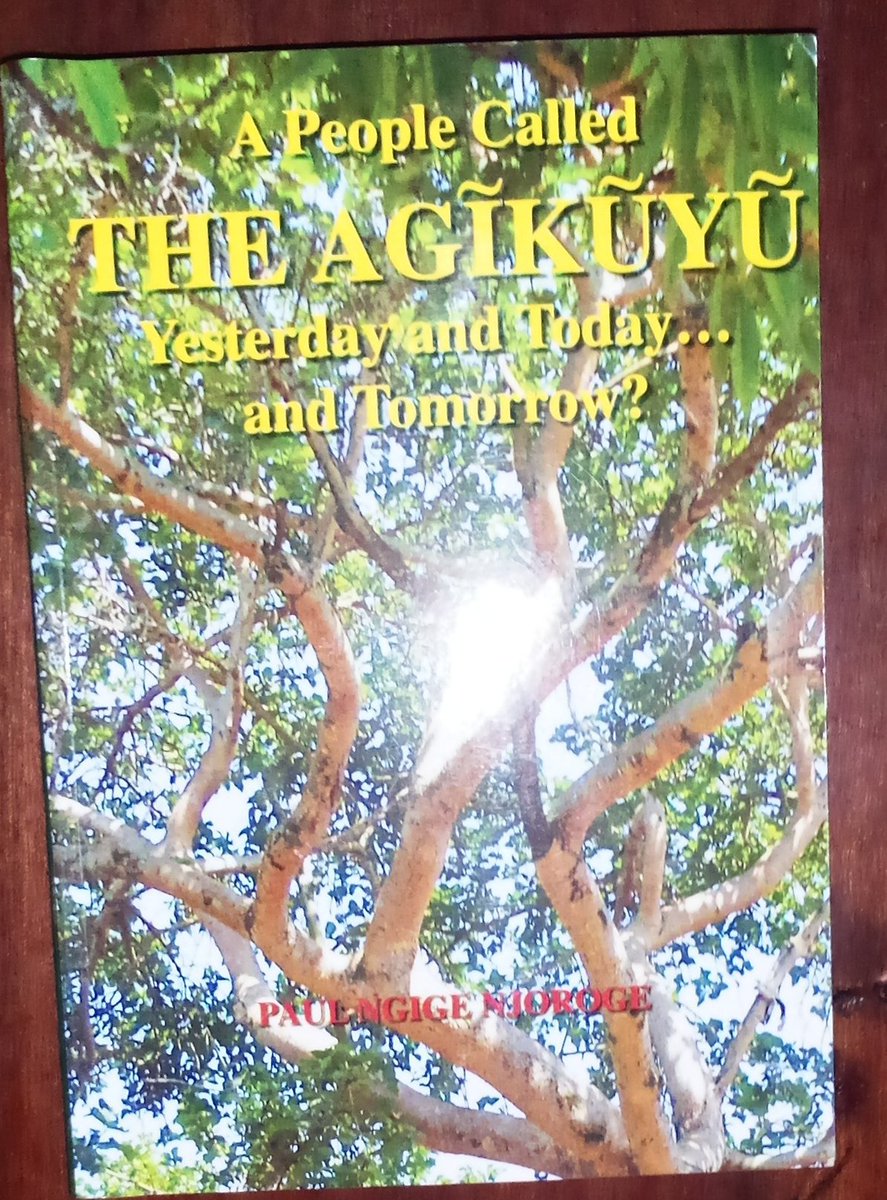
Part 4 Questions and Answers
Thank you all for have read our parts 1,2, and 3 of our marriage series. This week, we are responding to the questions we have received. Next week we post on the kind of marriages among the Agìkūyu including polygamy, woman to woman marriages.


Thank you all for have read our parts 1,2, and 3 of our marriage series. This week, we are responding to the questions we have received. Next week we post on the kind of marriages among the Agìkūyu including polygamy, woman to woman marriages.

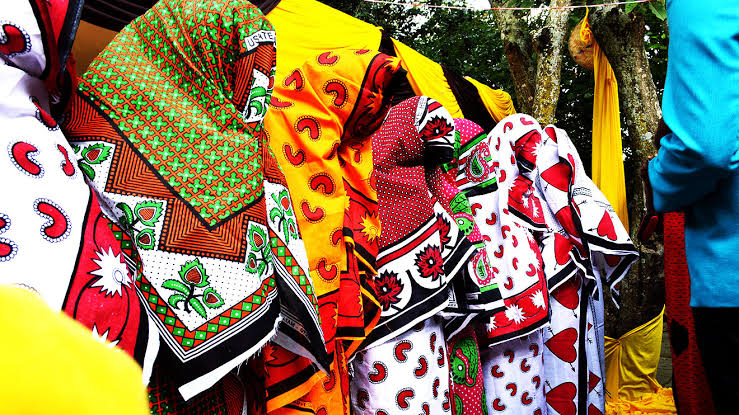

1. What is the actual price of Rūraacio?
First off, Rūraacio is not a purchase one does. Therefore we avoid the use of the words price. There is no set Rūraacio. However Gìkūyū law had set 30 sheep and goats as the Rūraacio.
First off, Rūraacio is not a purchase one does. Therefore we avoid the use of the words price. There is no set Rūraacio. However Gìkūyū law had set 30 sheep and goats as the Rūraacio.
The core reason why Rūraacio was/is given was/is to seek blessings from Ngai, the parents, and the clan. For an indepth understanding of Rūraacio, please read our marriage series
14
https://twitter.com/AgikuyuWomen/status/1463757428894445576?t=JRq9XxtN0rFZyjgn1qsppA&s=19
14
2. Can a woman take her own dowry?
No. Although women are involved in the dowry process, it is the men- Father, grandfather, paternal brothers, maternal uncles and elders who lead the Rūraacio meetings and negotiations. Remember Rūraacio is largely a clan affair.
No. Although women are involved in the dowry process, it is the men- Father, grandfather, paternal brothers, maternal uncles and elders who lead the Rūraacio meetings and negotiations. Remember Rūraacio is largely a clan affair.
3. What if my mother was not married and I my husband wants to take Rūraacio home?
You have to ensure that your mother's Rūraacio is given first. In this case your mother will consult her brothers and a few elders they will assist her in taking the Rūraacio to your father.
You have to ensure that your mother's Rūraacio is given first. In this case your mother will consult her brothers and a few elders they will assist her in taking the Rūraacio to your father.
BUT, there is a slight difference in the process depending on if your mother was married then divorced, or if she was never married. If she was never married, before the Rūraacio is given, there is a ritual called Kūhata Mììruru that HAS to happen first
4. I am the last born in my family, can Rūraacio be paid before my oldest sister?
No. There is a ritual that has to happen before you give the Rūraacio.
5. My father died before he could pay Rūraacio for my mother, who will pay it?
No. There is a ritual that has to happen before you give the Rūraacio.
5. My father died before he could pay Rūraacio for my mother, who will pay it?
You and your brothers assisted by your father's brothers, cousins, and elders. You cannot give dowry for your wife before you give your mother's Rūraacio.
6. What happens if my husband refuses to pay dowry? He is in a church where they preach dowry as outdated.
Talk to him as
6. What happens if my husband refuses to pay dowry? He is in a church where they preach dowry as outdated.
Talk to him as
to why dowry is important. Alternatively, you can ask a few of his relatives to talk to him..in the end dowry us largely a clan affair. They can take dowry to your parents even in your husband's absence.
7. Where did Mwatì and Harìka come in?
In some regions, at the
7. Where did Mwatì and Harìka come in?
In some regions, at the
introductory stages. The parents of the boy took Mwatì and Harìka to the girls parents. This signified that the girl was know engaged or had found a partner and also the beginning of the Rūraacio.
8. Why do people take sodas to Rūraacio?
Traditionally there were no sodas.
8. Why do people take sodas to Rūraacio?
Traditionally there were no sodas.
And a true Agìkūyū Rūraacio, incorporates traditional beer mainly because Because of the ritual aspect of the Rūraacio. Today in Rūraacio and weddings, sodas are now also served as beverages similar to water as accompaniments.
.
.
In some families, beer is prohibited therefore they do not use or allow Traditional beer even during such ceremonies
9. If my husband and I separate before he pays Rūraacio, what happens?
According to the Agìkūyū custom, a man who has not given Rūraacio cannot claim you as his
9. If my husband and I separate before he pays Rūraacio, what happens?
According to the Agìkūyū custom, a man who has not given Rūraacio cannot claim you as his
wife neither can he claim the children he birthed with you as his. Only when he have Rūraacio do you become his wife, and the children his. What happens now depends on if you have intentions of reuniting with your husband. If yes, then at some point he will have to give Rūraacio
10. What happens if I get married to someone who is not a kikuyu? Does he pay Rūraacio?
Yes he will. He will pay Rūraacio according to Agìkūyū traditions and customs.
11. If I am a single mum and I want to get married what is the process?
The first and important ritual to be
Yes he will. He will pay Rūraacio according to Agìkūyū traditions and customs.
11. If I am a single mum and I want to get married what is the process?
The first and important ritual to be
performed is called Kūhata Mììruru. Then and only then can your potential husband begin the Rūraacio process.
12. I am a widow and my husband had started the Rūracio process. Can I pay the rest of the Rūraacio?
No you can't. Your husband's parents, brothers, uncles, cousins,
12. I am a widow and my husband had started the Rūracio process. Can I pay the rest of the Rūraacio?
No you can't. Your husband's parents, brothers, uncles, cousins,
and your in laws clan can assist you in proceed with the process. Alternatively, your brothers and relatives can also assist.
13. If a woman is pregnant, can we still do the Rūraacio?
No. You post pone until the woman delivers. A pregnant woman, according to the Agìkūyū is
13. If a woman is pregnant, can we still do the Rūraacio?
No. You post pone until the woman delivers. A pregnant woman, according to the Agìkūyū is
in a Kìgongona. Rūraacio is a Kìgongona. A Mūgìkūyū doesn't hold 2 Magongona at the same time. One Igongona at a time. In this case, the pregnant woman has to be allowed her time to carry the baby and deliver. Then you can proceed with the Rūraacio
These are the links to parts 1-3 of our marriage series. Books one can read on Rūraacio and Marriage among the Agìkūyū. Place your order via DM,SMS/WHATSAPP our office number 0790-224189
Part 1
Part 2
Part 3



Part 1
https://twitter.com/AgikuyuWomen/status/1459432035223805955?t=tCUrOfpCc-hJPzbqcDALrA&s=19
Part 2
https://twitter.com/AgikuyuWomen/status/1463757428894445576?t=JRq9XxtN0rFZyjgn1qsppA&s=19
Part 3
https://twitter.com/AgikuyuWomen/status/1466784571618430978?t=h813Zcn5WwTyrXY1mPYRqQ&s=19
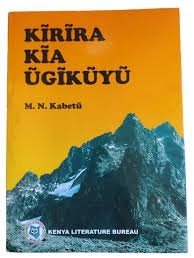
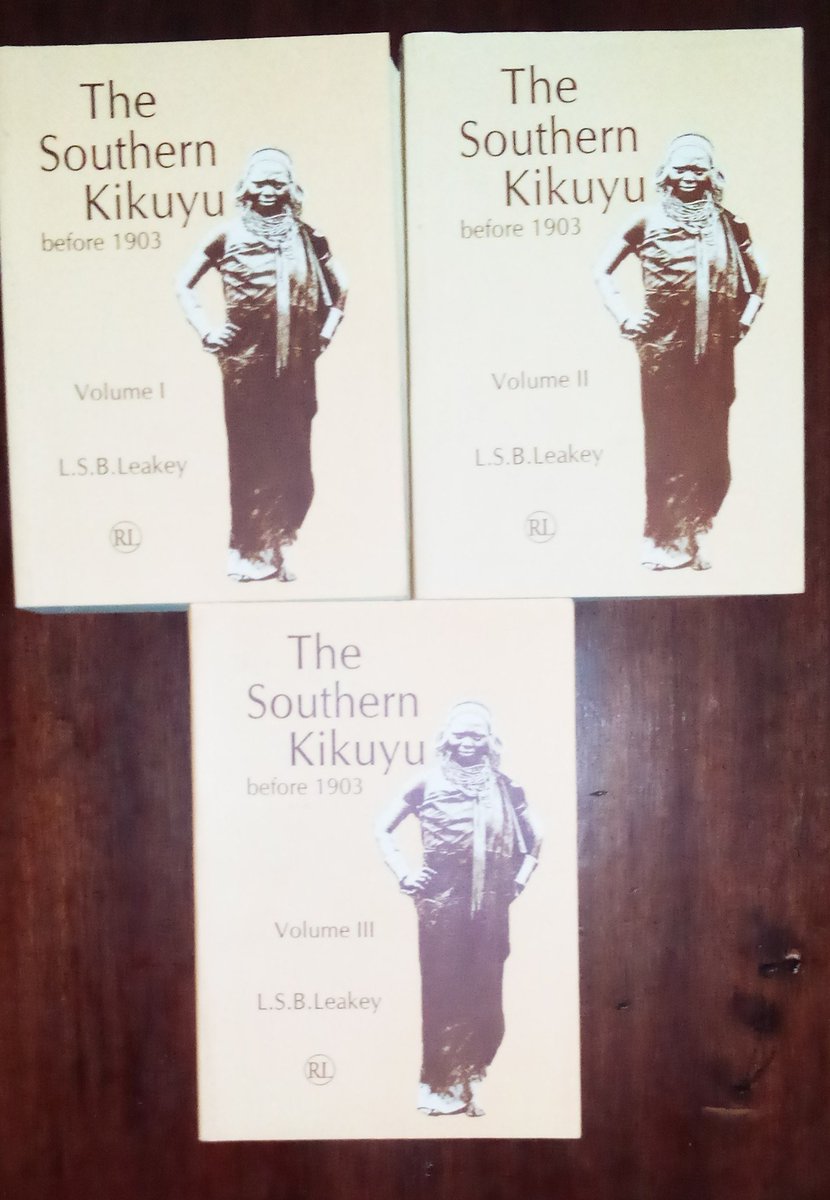
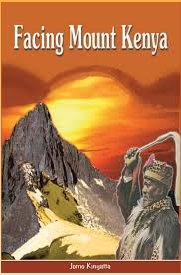
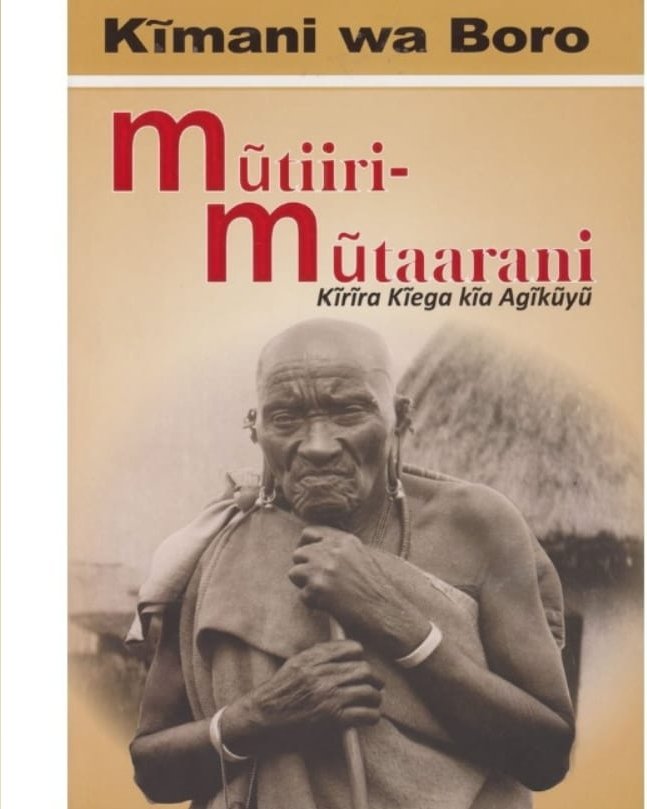
• • •
Missing some Tweet in this thread? You can try to
force a refresh




